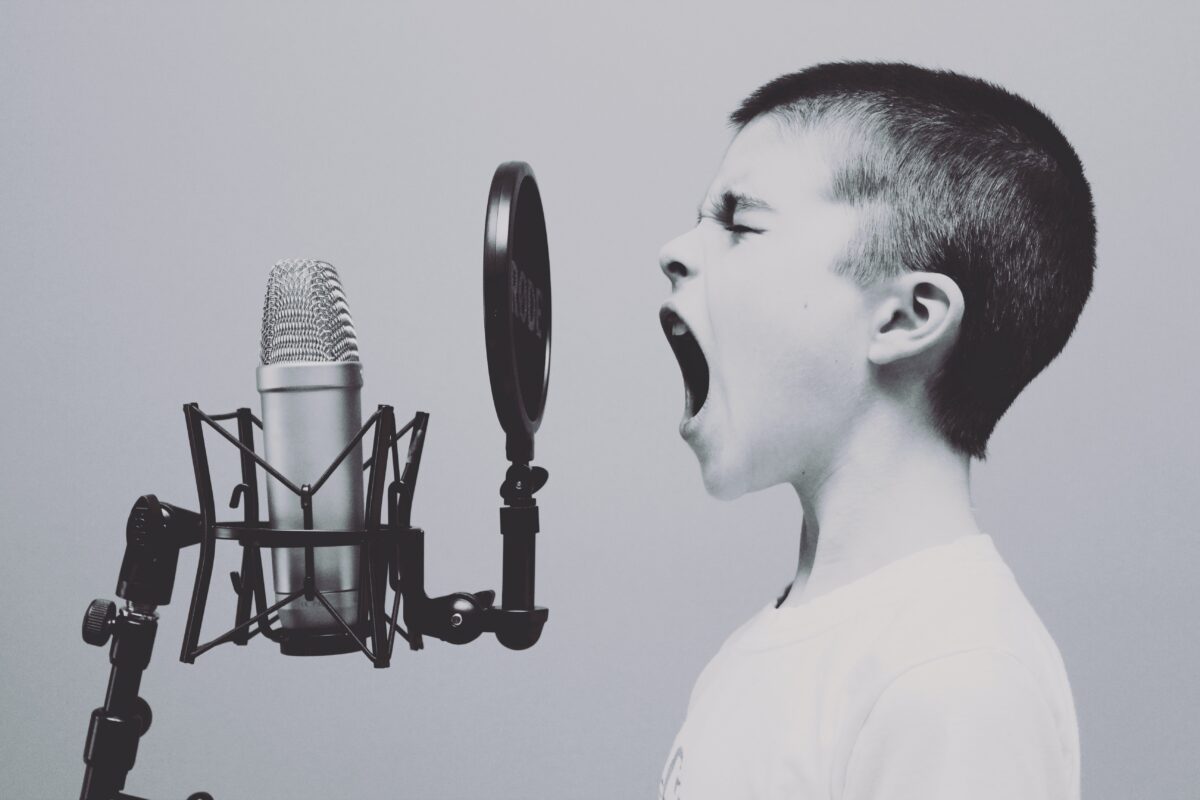Does choosing a creative career mean you can’t talk about money?
Money is not evil. We should probably start there. Money is maligned, misunderstood, mismanaged, misused and, sometimes, misappropriated in creative careers. But in and of itself, it is not evil.
Working in the creative industries, it’s easy to fall into this way of thinking. Ascribing money a vindictive, immoral personality enables us to dismiss our worries or confusion about how to deal with it. Considering money as ‘evil’ also makes us feel better about the choices we made that have sometimes led to us having less of it compared to our office-bound peers. We chose ‘passion over a pay cheque’.
We’ve come to define a means of exchange in opposition to a means of expression, but that’s like comparing apples to Ancient Greek.

The emotional and mental programming we receive about money throughout our lives starts early and is rooted deep in our psychology. It’s built and cemented through our childhoods and our role models – be it your parents, or your teen idols. Your favourite band rejected a major label deal in favour of ‘creative control’ = money is bad, creativity is good.
We’ve come to define a means of exchange in opposition to a means of expression, but that’s like comparing apples to Ancient Greek.
As a child (at least mentally) of the 2000s DIY punk scene. It took me a very long time to even question this black-and-white thinking. To consider that there might be an alternative to worrying about payments clearing, or making my tax bill, or (going really wild) buying a house and, ideally, not dying at my desk.
Even now, the ‘sell-out’ thought flashes by whenever I think about finances. I’m still forced to wonder if it’s rude to discuss it with close friends in my industry.
An open dialogue?
Any other stigma or taboo is challenged by those in the creative industries. No matter what medium you work in, we hold shared ideals: to be brave, to encourage open dialogue, to challenge norms and provoke thought.
Except when it comes to money. Because money is bad.
By not talking openly about money with our friends and colleagues, we shut-off our most valuable source of information

This culture directly and visibly harms those of us who work in the creative industries. Yet those in self employment, or surviving on the low or variable incomes typical of such industries, are the groups who most need to understand good money management.
What’s more, by not talking openly about money with our friends and colleagues, we shut-off our most valuable source of information.
Subsequently, we cannot establish reasonable rates for our work, nor can we navigate the financial infrastructure (pensions, investments, insurance) that is automated for most of the workforce.
Meanwhile, it is often the largest and most financially-secure businesses that benefit from this insecurity. In turn, they further establish their monopolies and suppress wage growth in the creative sectors.
There are reasons to be optimistic. Campaigns for clarity around rates – for instance, the Freelancer Pay Gap run by Anna Codrea-Rado of The Professional Freelancer – are attempting to shine some light on the darker corners of the media, but there’s much work still to be done across the creative industries.
“That’s some catch, that Catch-22”
The wider issue is that this is, essentially, a poverty trap – a cycle – and, as anyone who has been in debt can attest, cycles are difficult to break. Like most poverty traps, it is also one that disproportionately affects women, people of colour and those from low income backgrounds.
It’s a Catch-22 situation, but if we break the stigma of talking about money in creative careers, we break the cycle. This is why I started Creative Money and why everything we do here will be in service of three goals:
- To break the stigma of talking about money in creative professions
- To share financial resources and principles that can make creative lifestyles more sustainable
- To create a support network for creative professionals
Money itself, then, is not evil. It is a tool – and one we need to learn how to use. First, though, we need to talk about it.
Creative Money Blogs include principles, resources and opinion pieces relating to personal finance for creatives.

